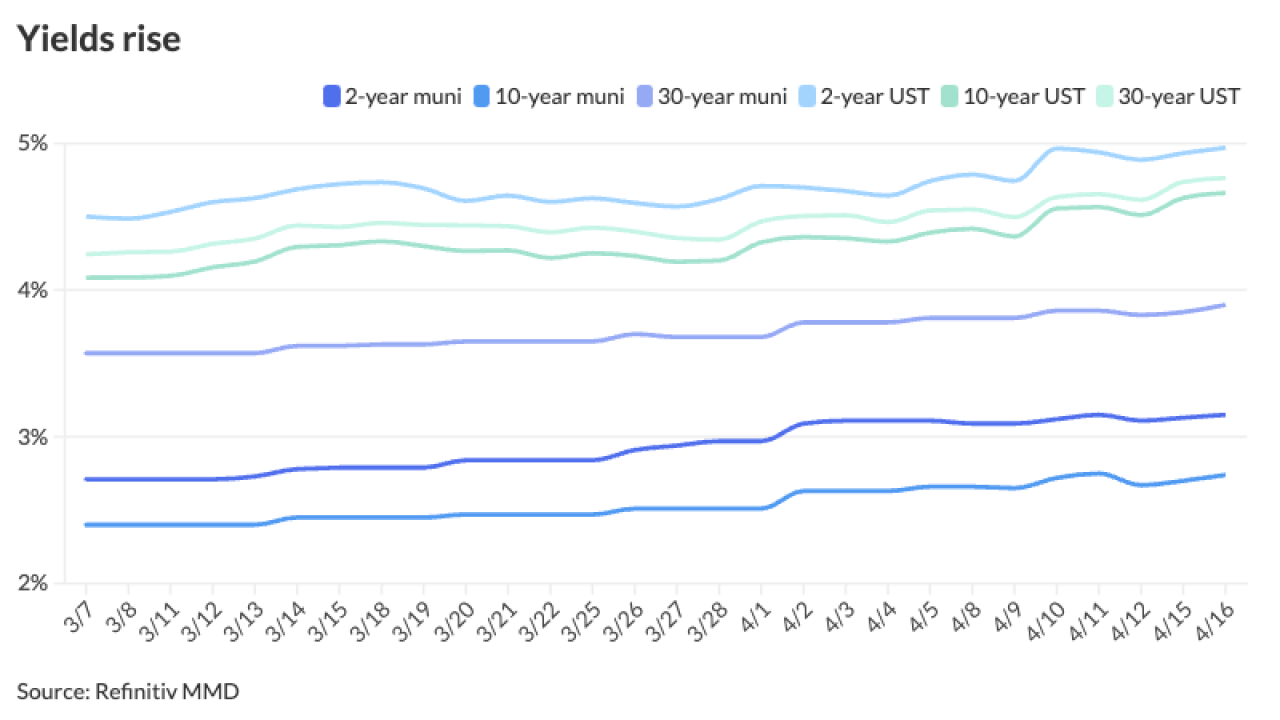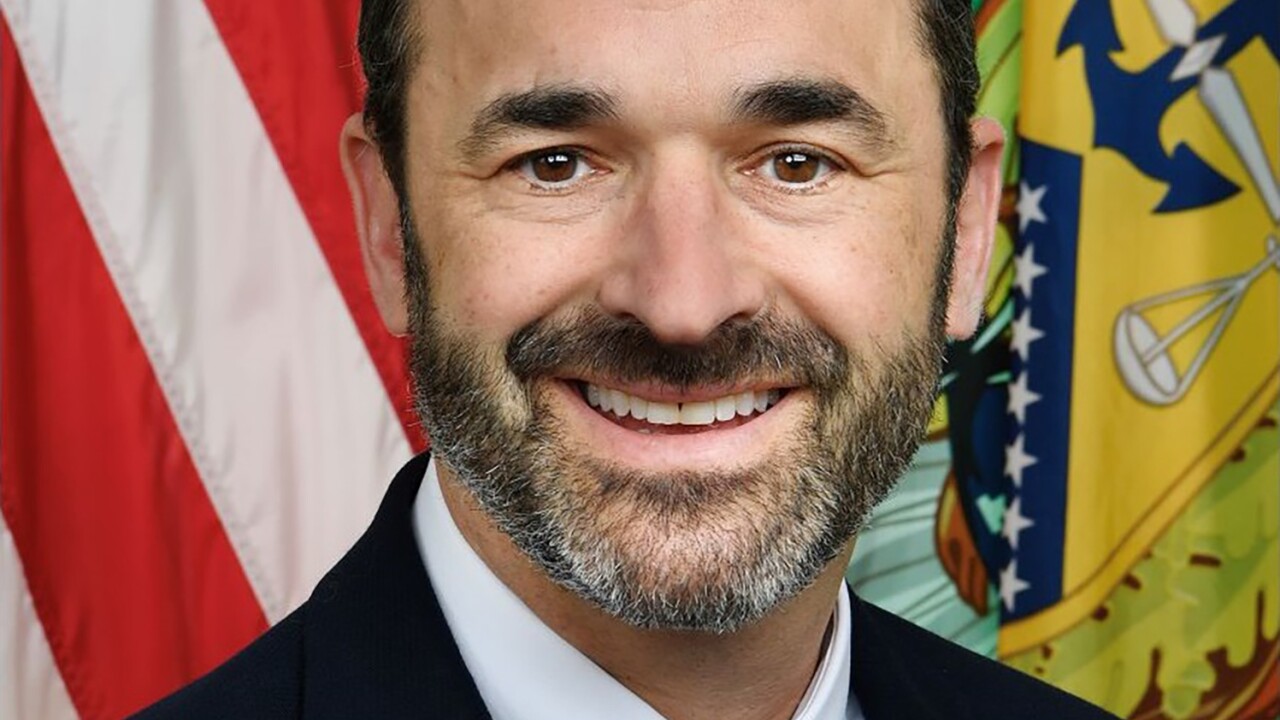New York Gov. Andrew Cuomo proposed a $132.9 billion all funds budget Tuesday that includes $5.52 billion bonding to finance capital projects in fiscal 2012, a 7.8% increase over the current fiscal year.
The budget also calls for doubling the state’s goal for competitive bond deals to 50% of all state-backed bonds from a goal of 25% that’s been in place for years.
“We think that competitive deals make more sense,” said budget director Robert Megna in a news conference following Cuomo’s budget address. “They’re more transparent and they end up in the long run not costing us any more money.”
About two thirds of the state’s bonds will be issued as personal income tax bonds, under the plan.
In his first executive budget address, Cuomo called his proposal a “road to recovery.” The budget would include legislation that would change the statutory formulas under which Medicaid and education growth are calculated. Under existing formulas Medicaid would grow by 13.2%, he said.
“The spending rates which are dictated by current law … are unsustainable for the state of New York,” Cuomo said. “New York State is functionally bankrupt … we have to think in terms of restructuring because the state doesn’t work on the numbers anymore.”
Cuomo’s executive budget would close a $10 billion deficit, primarily through spending cuts, for the fiscal year that begins April 1. Cuomo said that without built in spending increases, the deficit would only be $1 billion. The budget would reduce overall Medicaid cost by $982 million and cut education aid by $1.5 billion. The budget also cuts $714.7 million of aid to municipalities and counts on concessions from labor to prevent 9,800 layoffs. It would also close prisons to obtain a 3,500 bed reduction.
The state’s debt reduction reserve fund could be tapped for up to $250 million to defease “high-cost” debt, pay for swap termination fees, bankroll for capital projects and “other purposes.”
Capital spending would total $10.2 billion, including $1.8 billion of “off-budget” spending.
The budget proposal appropriates $200 million of dedicated funds that would have been used by the Metropolitan Transportation Authority’s capital program and partially offsets with state borrowing.
The state would use $165 million of dedicated taxes and fees - called the Metropolitan Mass Transportation Operating Assistance Account - to pay debt service on service contract bonds issued by the state years ago for MTA capital projects that would normally be paid for by the state’s general fund.
Megna said that the MTA had planned to do $100 million of pay as you go spending.
“We said to them 'look let us do the borrowing for you on that so you don’t have to do it as pay go,’” Megna said.
The state would then direct $100 million of economic development funds that would be funded through a bond sale by the Empire State Development Corp. to go to the MTA for capital spending. The ESDC typical sells personal income tax bonds for economic development funding. The budget also would use $194 million of GO bond proceeds authorized under the 2005 Transportation Bond Act to help finance MTA capital projects but which has not yet been used. The state would also direct $35 million of MMTOA funds to the state general fund.
Using MMTOA to pay debt service on GO bonds frees up general fund monies to be used for other purposes.
The budget reduces the amount of funding in an economic development proposal Cuomo announced last month for competitive grants for regional economic development councils. In his state of the state speech, Cuomo had called for $250 million for the grants. Tuesday’s budget proposal reduces that amount to $130 million.
State related debt would grow to $58.14 billion under the plan from the $56.43 billion projected for the current fiscal year.
Senate Majority Leader Dean Skelos, R-Rockville Centre, said the he thought the Legislature would enact an on-time budget.
Skelos said he didn’t “think that layoffs would be necessary but everybody has to give a little.”
“The bottom line is the state’s out of money,” he said.





